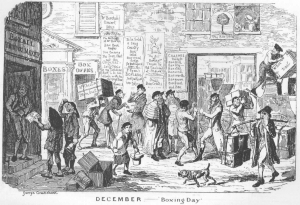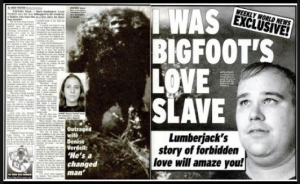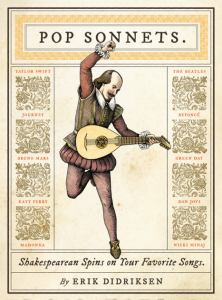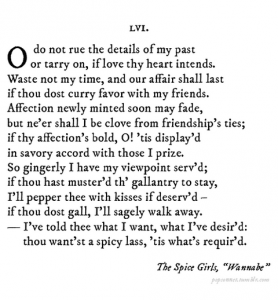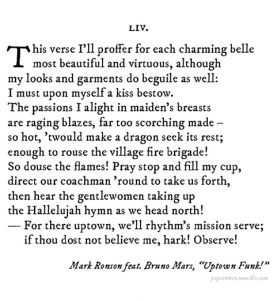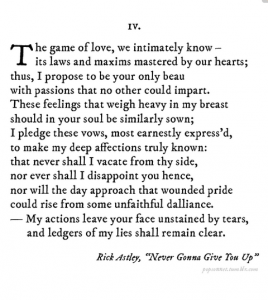One of the loveliest of The Carpenters‘ songs, “Bless the Beasts and the Children” was the theme to a 1971 film directed by Stanley Kramer based on a coming-of-age novel by Glendon Swarthout. The book, the film and the song warned of the dangers of failing to look out for the most vulnerable among us—youths and animals. “Bless the Beasts” reminded us that neglecting or harming the most fragile members of society weakens and degrades all of us. Sadly, we are seeing our failure to heed these warnings play out again in deadly, tragic ways in our own world today.
In 2018, the film and song seem a bit obvious and cloying, but during the Vietnam War years, when they were written, young Americans were being killed by the tens of thousands in a war they didn’t believe in. They had to fight hard to be heard and respected by a world that had long believed children’s first duty was to shut up and obey their elders. Hundreds of thousands of U.S. teenagers were shipped off to kill and die in Southeast Asia, and young people at home who protested were often gassed, assaulted, even killed on campuses or in public streets for speaking out against the war.
In that context and in contrast to other messages presented to teens by the establishment, this story and song had a powerful message—as sung by the especially wholesome-seeming, middle-of-the-road Carpenter siblings, “Bless the beasts and the children, for in this world they have no voice—they have no choice” made a strong statement. On what would have been Karen’s Carpenter’s 68th birthday, please enjoy her beautiful voice and this thoughtful song. In the current climate, teenagers are again forced to act as America’s conscience. As they urge us to think before we allow troubled people to rush out into the world to try to solve problems with guns, their messages are as important as ever.

